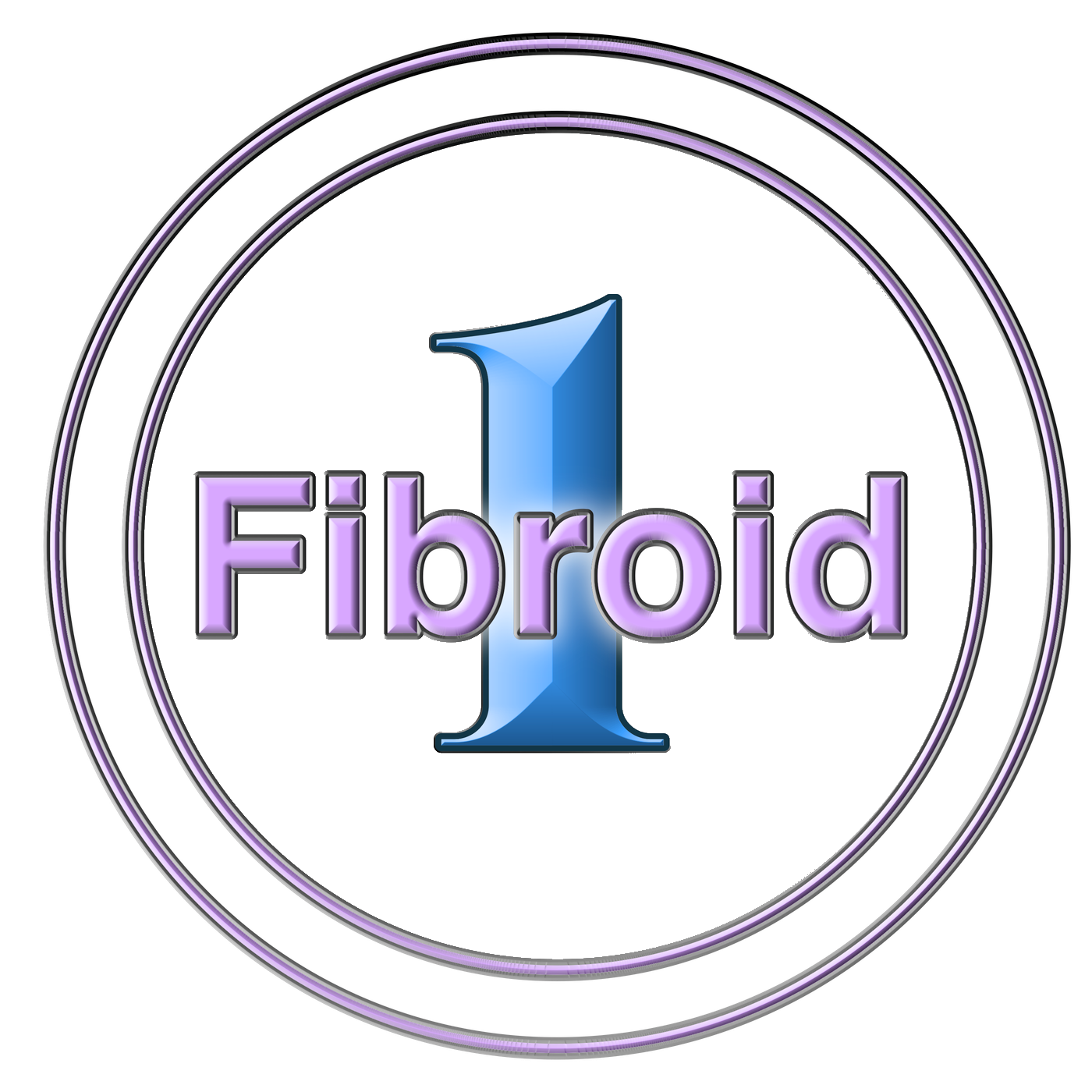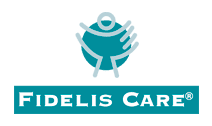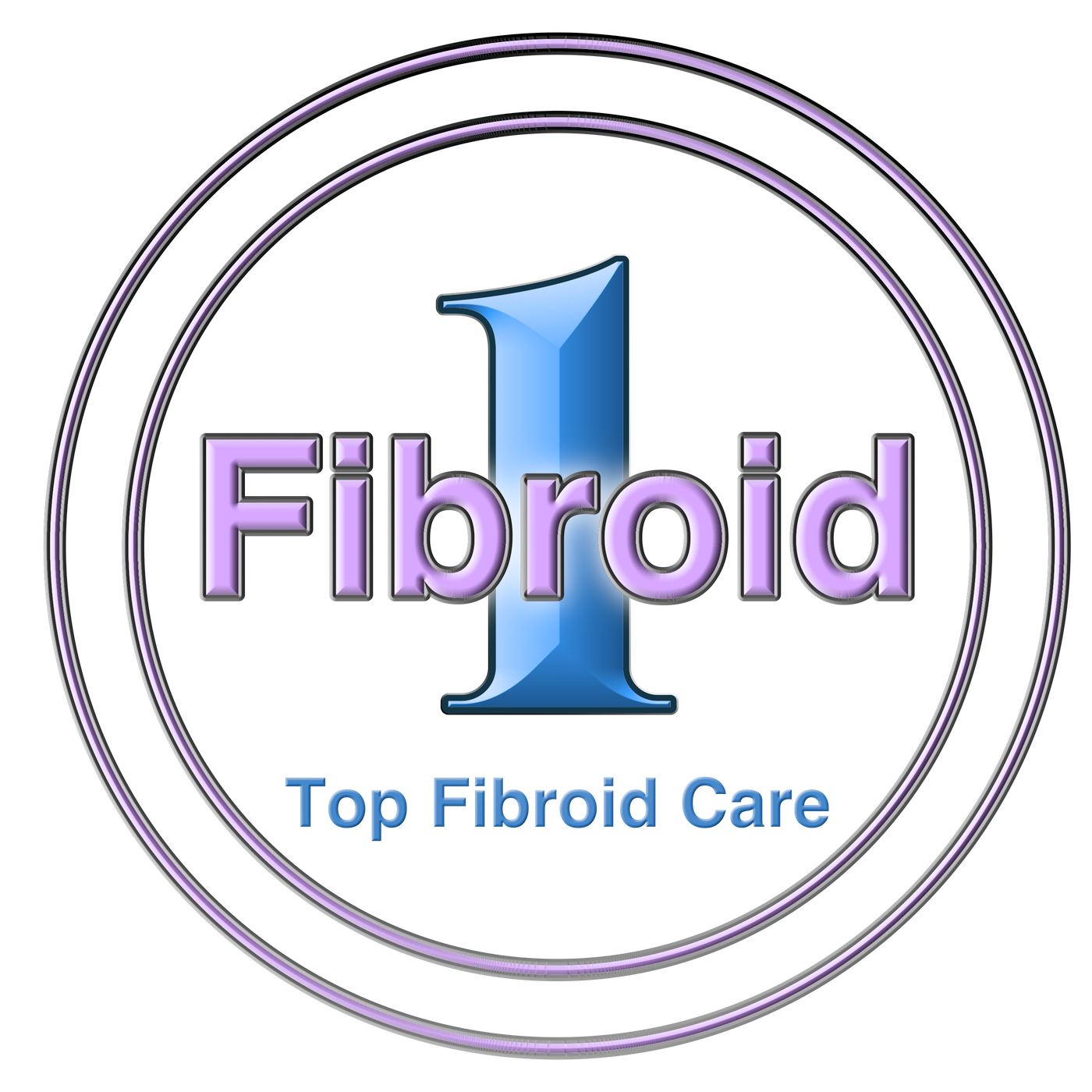Pelvic Congestion Syndrome (PCS) is a condition that often goes undiagnosed and misunderstood, leaving many women feeling frustrated and in pain. If you’re reading this, you might be worried that you have PCS or are seeking more information to understand your symptoms better. This blog from 1Fibroid in NY aims to provide a comprehensive, compassionate overview of PCS, including its causes and symptoms, to help you navigate this complex condition with greater clarity and reassurance.
What is Pelvic Congestion Syndrome?
Pelvic Congestion Syndrome is a chronic condition that causes persistent pelvic pain due to varicose veins in the pelvic region. Much like varicose veins in the legs, the veins in the pelvis can become swollen and engorged with blood, leading to discomfort and pain. PCS is most commonly seen in women of childbearing age, particularly those who have had multiple pregnancies.
Causes of Pelvic Congestion Syndrome
The exact cause of PCS isn’t entirely understood, but several factors are believed to contribute to the development of the condition:
- Hormonal Factors: High levels of estrogen, especially during pregnancy, can weaken the vein walls and valves, leading to varicosities. Estrogen causes veins to dilate, which can exacerbate the issue.
- Pregnancy: The increased blood flow and pressure during pregnancy can cause the veins in the pelvis to enlarge. The weight of the growing uterus also puts pressure on these veins, which can lead to PCS.
- Venous Insufficiency: This condition occurs when veins cannot efficiently return blood to the heart, causing blood to pool in the veins. Chronic venous insufficiency in the pelvic veins can lead to PCS.
- Genetic Predisposition: A family history of varicose veins or chronic venous insufficiency may increase the risk of developing PCS.
- Pelvic Anatomy: Some women may have anatomical variations that make them more susceptible to developing pelvic vein issues.
Symptoms of Pelvic Congestion Syndrome
The symptoms of PCS can vary greatly from one woman to another, making it challenging to diagnose. However, some common symptoms include:
- Chronic Pelvic Pain: This is the hallmark symptom of PCS. The pain is often described as a dull, aching sensation in the lower abdomen or pelvis. It usually worsens at the end of the day or after prolonged standing or sitting. Pain may also increase during or after sexual intercourse.
- Pain During Menstruation: Many women with PCS experience exacerbated pain during their menstrual cycles. The pain can be severe and may radiate to the lower back and thighs.
- Pelvic Heaviness: A feeling of heaviness or fullness in the pelvic region is common. This sensation can be uncomfortable and distressing.
- Varicose Veins: Visible varicose veins on the buttocks, vulva, or upper thighs may be present in some women with PCS. These veins can be tender and painful.
- Urinary Symptoms: Some women report increased frequency of urination or a feeling of urgency. These symptoms can be similar to those of a urinary tract infection but without the presence of infection.
- Emotional Distress: Chronic pain and the frustration of dealing with undiagnosed or misdiagnosed symptoms can lead to emotional distress, including anxiety and depression.
Diagnosis of Pelvic Congestion Syndrome
Diagnosing PCS can be challenging due to the nonspecific nature of its symptoms. However, several diagnostic tools can help identify the condition:
1. Medical History and Physical Examination: Your healthcare provider will start by taking a detailed medical history and performing a physical examination. They will ask about your symptoms, menstrual cycle, and any previous pregnancies or surgeries.
2. Imaging Studies: Ultrasound, particularly a transvaginal ultrasound, is often the first imaging study used to evaluate the pelvic veins. Doppler ultrasound can assess blood flow and identify varicosities. Other imaging techniques, such as MRI or CT scans, can provide more detailed images of the pelvic veins.
3. Venography: This is a specialized imaging test where a contrast dye is injected into the veins to visualize them more clearly. Venography can help confirm the diagnosis of PCS by showing the presence of varicose veins in the pelvis.
Managing Pelvic Congestion Syndrome
Living with PCS can be challenging, but there are several ways to manage the condition and alleviate symptoms:
1. Medications: Pain relievers, anti-inflammatory drugs, and hormonal medications can help manage symptoms. Hormonal treatments, such as birth control pills, can reduce estrogen levels and alleviate vein swelling.
2. Lifestyle Changes: Regular exercise, weight management, and avoiding prolonged standing or sitting can help improve symptoms. Elevating your legs and wearing compression stockings may also be beneficial.
3. Minimally Invasive Procedures: Procedures such as embolization, where the problematic veins are sealed off using coils or other agents, can provide significant relief from symptoms.
4. Support and Counseling: Living with chronic pain can be emotionally taxing. Seeking support from counseling or support groups can help you cope with the emotional aspects of PCS.
Pelvic Congestion Syndrome is a complex condition that can significantly impact a woman’s quality of life. Understanding its causes and symptoms is the first step toward finding relief. If you suspect you have PCS, it’s essential to seek medical advice for a proper diagnosis and treatment plan. Remember, you are not alone, and with the right care and support, you can manage this condition effectively and improve your quality of life.
1Fibroid Is Here To Support You
If you are living with uterine fibroids and curious about your nonsurgical alternatives to fibroid treatment, consider 1Fibroid. 1Fibroid is based in New York, with locations in both Manhattan and Queens. We are committed to women’s care and offer non-invasive options such as medication, hormone therapy, and UFE procedures. If you’re ready to live life without the symptoms of fibroids, call us today at 212-991-9991.












